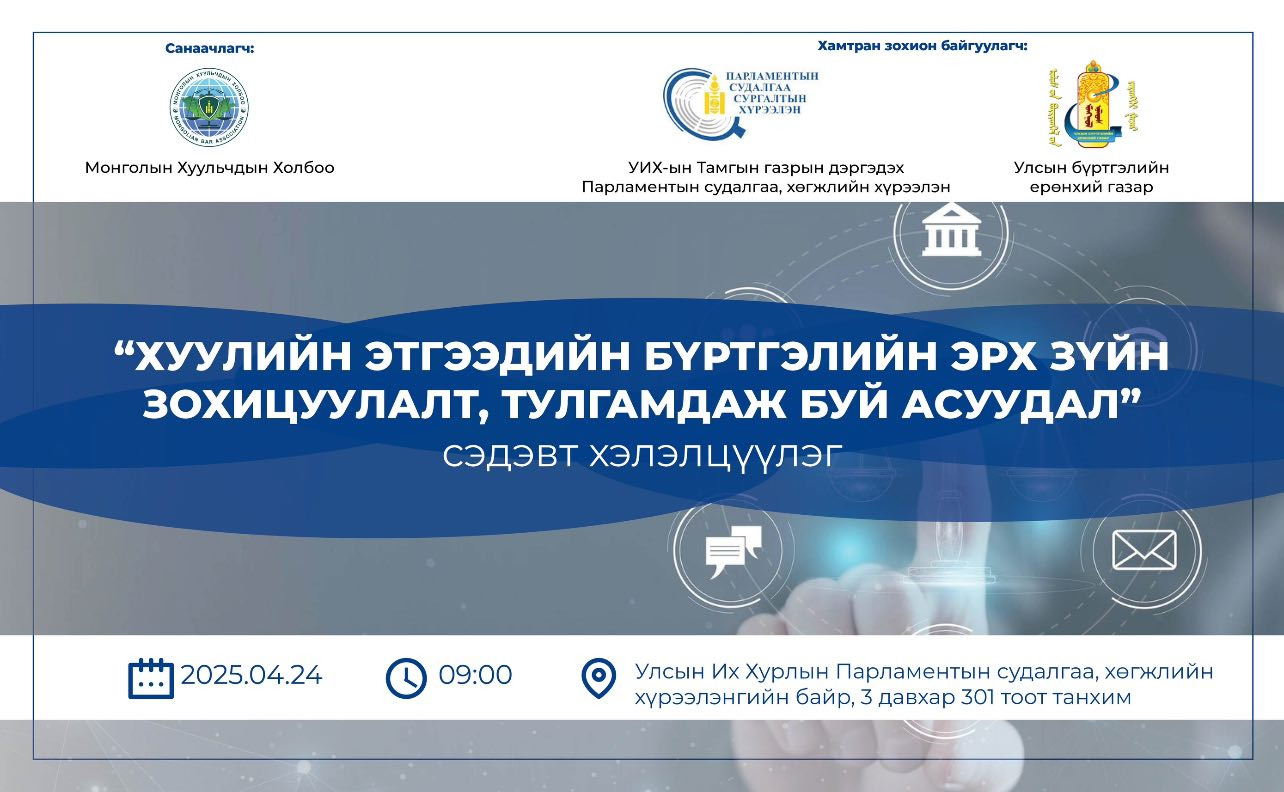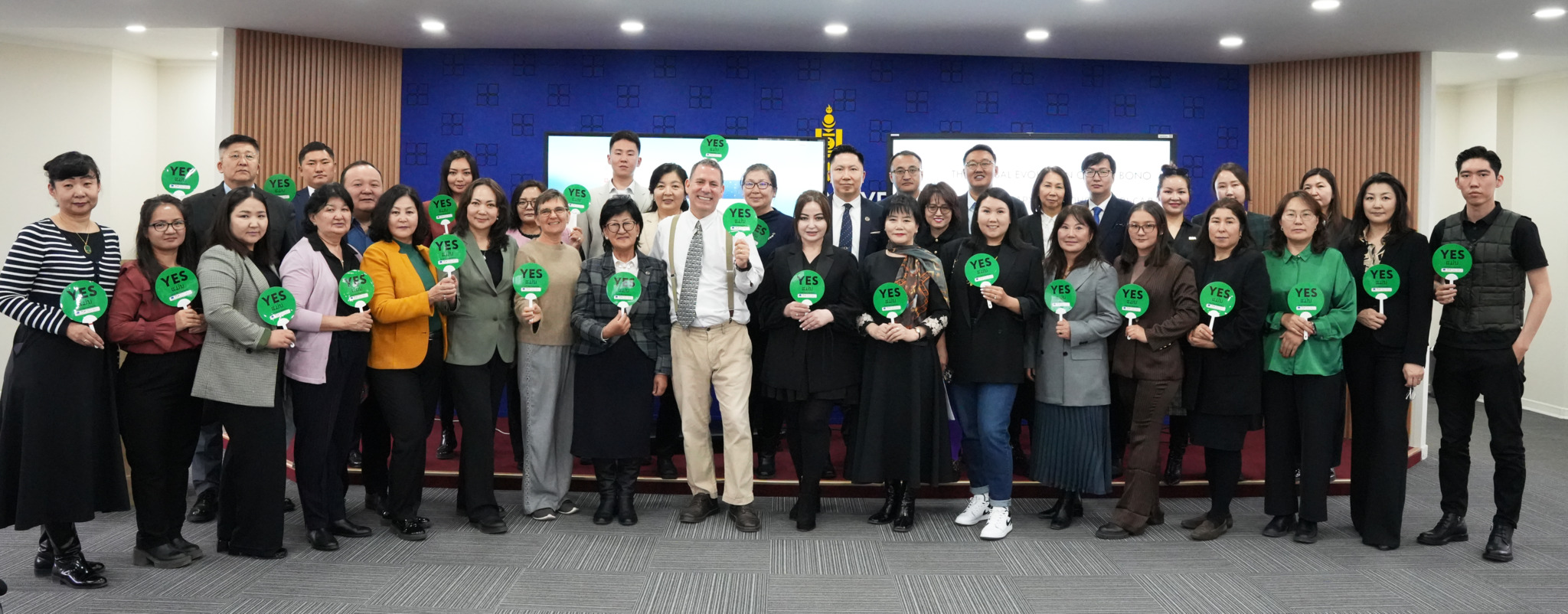Asian Conflict of Laws: East and South East Asia is a publication of Wolters Kluwer Law and Business, and acknowledges as de novo collection of Private International Law in East and South East Asia. Most of the jurisdictions reflect the diversity of legal approaches of Private International Law in East and South East Asia. Not all Asian countries were covered, but jurisdictions of following countries were included; the People’s Republic of China, Hong Kong, Indonesia, Japan, the Republic of Korea, Macau, Malaysia, Mongolia, the Philippines, Singapore, Taiwan, Thailand, Timor-Leste, and Vietnam. The authors are experts in the field of Private International Law. The authors describe, in a clear and logically structured way, practice and procedure regarding; codification of private international law and relevance of case law; jurisdiction of local courts in foreign-related cases (including choice of court and arbitration clauses); applicable law; international civil procedure; and recognition and enforcement of foreign (judicial and arbitral) decisions.
The panel session prompts the debate on the usefulness of a regional instrument for the mutual recognition of judicial decisions in civil and commercial matters, and the need for coordinated efforts in harmonizing private international law rules in the region. In fact, the risks of litigation rank high amongst the deterrents to trade. A regional instrument for the recognition of judicial decisions, together with harmonized rules of conflict of laws could promote greater legal certainty and improve the commercial transactions both within the region and with other areas of the world. However, a better access to, and understanding of, the different private international law frameworks in the region is needed before evaluating the feasibility of such harmonization efforts. Indeed, even though similar proposals have been made already in the 1990s and despite the recent wide-ranging reform of the private international law rules in several Asian countries (Korea, Japan, China…), there is no comprehensive overview of the approach to Private International Law in the region. The panel session seeks to support future regional efforts of private international law experts to continue deeper comparative analyses, as well as to increase the knowledge of non Asian companies on the specific frameworks regulating international litigation and enforcement in the region.





